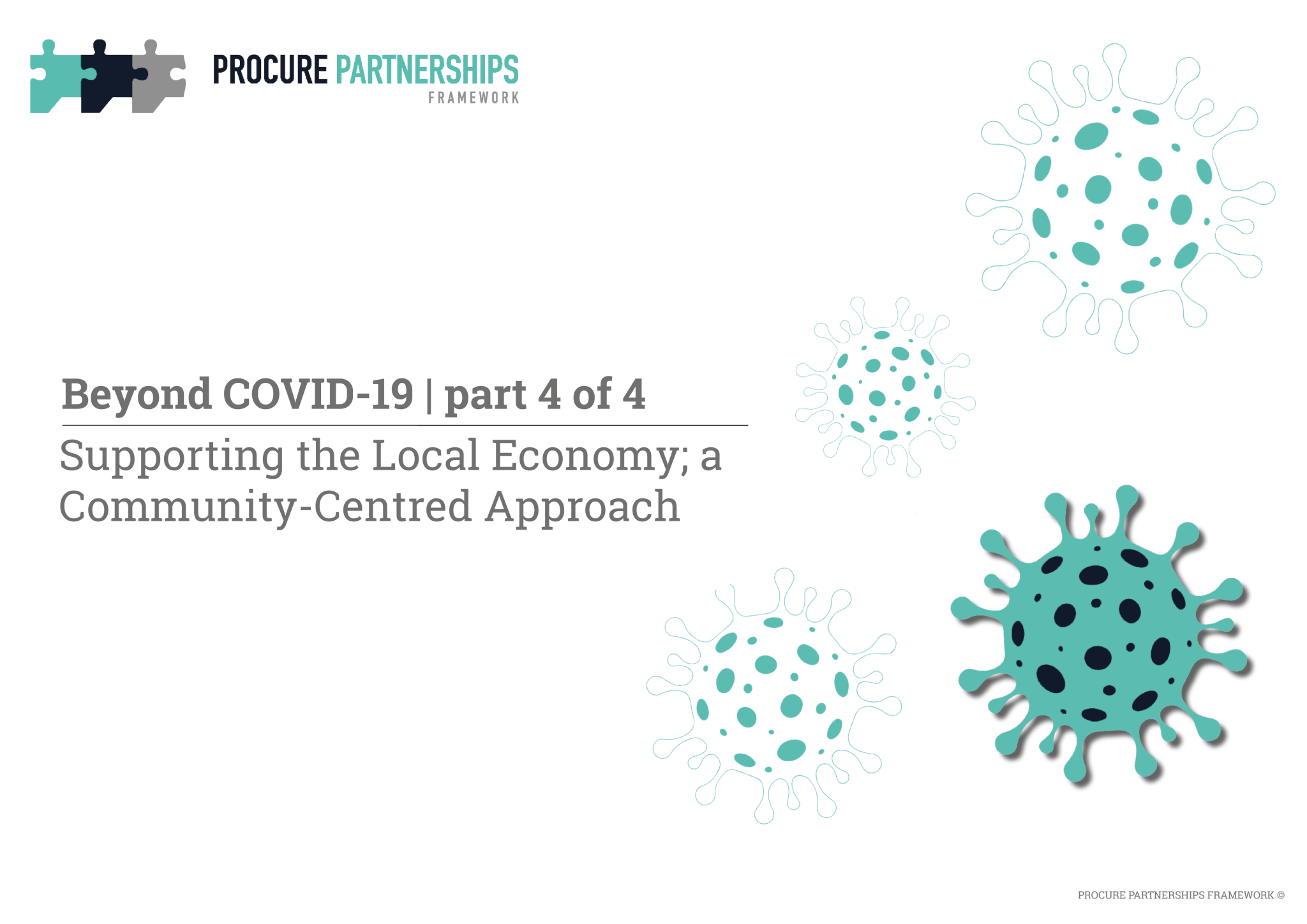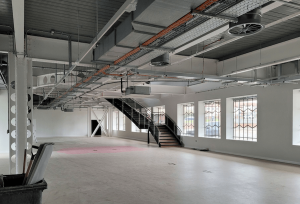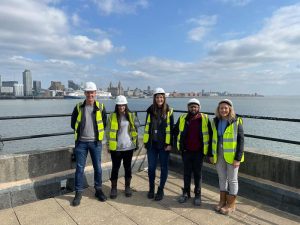There is no doubt that as we emerge from the restrictions of lockdown we will be entering a new world, a world with different priorities and new ways of operating. The pandemic will have a significant impact on a range of economics factors, including household finances, business cashflow and global supply chains.
As the urgent health crisis settles, the Government’s attention will turn to the local economies that have been most disrupted by COVID-19. The impact of COVID is wide ranging and different regions have struggled in different ways. We were already dealing with vast regional inequalities throughout the UK and COVID-19 has the potential to widen this gap even further. In the third blog of our COVID-19 series, we look at how a regionally focussed response based on ‘localism’ may help rebuild fragile economies.
The Role of Local Councils During COVID-19
The government is dealing with the greatest public health emergency to date. Local councils are on the frontline of the response, coordinating action at a local level and interpreting and implementing the ever-evolving guidance from central government. Despite operating with a reduced workforce, there is immense pressure on local councils to also maintain all the usual core services.
Councils are witnessing the struggles of businesses and industries in their local economy. The West Midlands is expected to be hardest hit; with an economy based on manufacturing and the automotive industry, most of which has been closed and production suspended, the economy is expected to shrink by 10.1%.
In a recent report by KPMG that compared regional economic forecasts against the mix of local industries and how they are expected to fare in the pandemic, London was predicted to be best placed to weather the storm and maintain its economic activity. With an economy based on financial and professional services that are less impacted by COVID-19 and the restrictions of lockdown, the capital’s economy is anticipated to shrink by 7.3%.
Each country, region and community have different risk points and each local government will have different tools to manage and control the effect. Whilst maintaining an understanding and awareness of what is working elsewhere and supporting each other across borders, it will be important that local authorities have the devolved power to form their own plan to limit the damage to their economy.
‘Building Back Better’ Requires Local Control
The 2011 Localism Act supports the transfer of power from central government to local authorities. It was intended to help decentralise authority and delegate more control to locally elected representatives and the communities they work on behalf of.
As part of their campaign to ‘Build Back Better’ post COVID-19, regional leaders are calling for central government to renew their commitment to localism and to allow cities and towns to decide for themselves what is important in their region.
Steve Rotheram, Metro Mayor for Liverpool City Region states in his manifesto for the ‘Build Back Better’ campaign that we ought to “re-think the way the country works so that cities and towns can define Build Back Better for themselves: much greater devolution of power and funding; and the Government’s “levelling-up” agenda not delayed but accelerated.”
Global Supply Chain Disruption and Local Procurement
Running parallel with the idea that councils should be able to target resources and respond to the area of greatest local need, the global disruption to supply chains as a result of COVID-19 is likely to result in a refocus on procuring items on a more local basis.
In order to continue trading and reduce disruption to customers, many industries will need to develop alternative supply chain solutions. We have increasingly relied on global supply chains to reduce costs and achieve required lead times, but crises such as the COVID-19 pandemic reiterate how vulnerable this network is in the face of any sort of disruption, be it political, economic or human.
The construction and built environment sector operates via an interdependent ecosystem which relies on a common supply chain of manufacturers, merchants and specialist contractors, who in turn rely on demand from contractors. Supply chain disruption remains a significant threat for local businesses, and in turn local economies. We are already seeing the negative impact on projects resulting from restrictions on travel, the challenges associated with importing and exporting goods, pauses in manufacturing and the unfortunate demise of many specialist contractors who have been unable to absorb the challenging cash-flow issues. To limit disruption, project teams will need to proactively look for alternative materials and suppliers and consider solutions such as off-site manufacturing to achieve critical programmes.
In the construction industry, this supply chain disruption allows us to reopen the conversation around the benefits of sourcing locally. Now more than ever, local councils need to capitalise on the benefits that a local supply chain can have on their economy. Every £1 spent on construction leads to GDP growth of £2.84, not just in construction output, but also in wider social benefits, such as employment and skills opportunities. Keeping the project spend within the local economy means the public sector can achieve more added social value from their capital projects, whilst also providing the support and growth opportunities for local businesses and suppliers which will be essential post-covid.
Finding New Opportunities
The founding thoughts around localism as a principal is to encourage a more community centred approach which moves away from ‘Big Government’ and towards a more civic society. Extreme events such as COVID-19 change the behaviour of society and in turn the infrastructure and facilities required. The construction industry must be ready to quickly respond; ‘battening down the hatches’ and waiting for the storm to end is simply not an option.
In the process of adapting and adjusting, many opportunities will present themselves which, if we let them, can inspire us to operate more sustainably and with greater concern over the economies we work in.

Robbie Blackhurst is the Founder and Director of Black Capital Group, the holding company that powers Advance Social Value, Compliance Chain, Procure Partnerships Framework and Strategic Resourcing. Robbie is a member of the Chartered Institute of Builders, is MCIPS certified and has an undergraduate degree in Aviation and Aerospace, a postgraduate degree in Construction Project Management, and a Master’s in Business (MBA).



